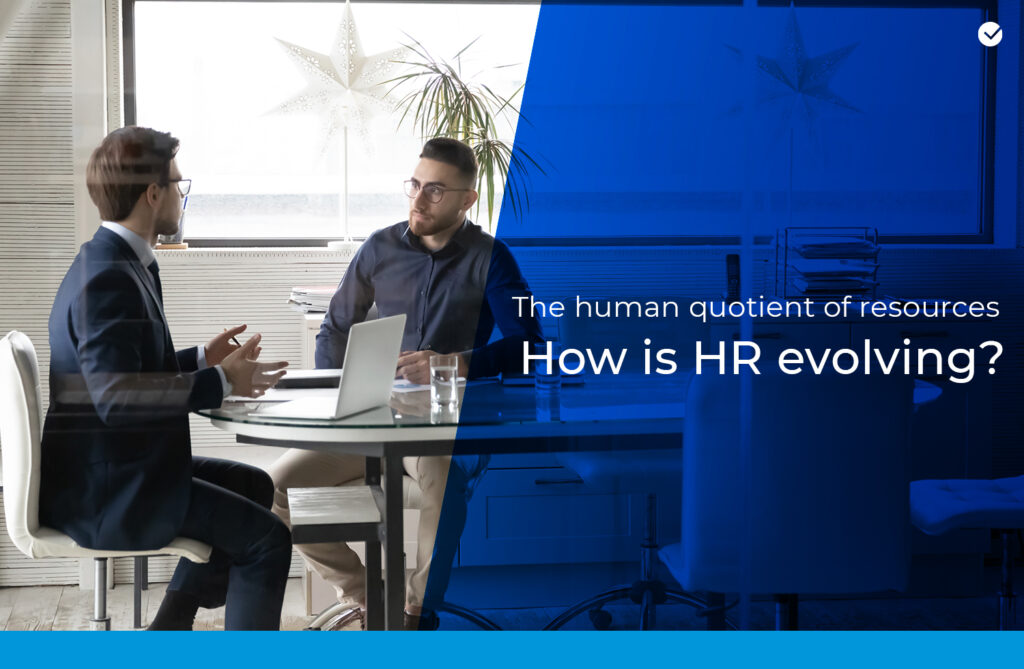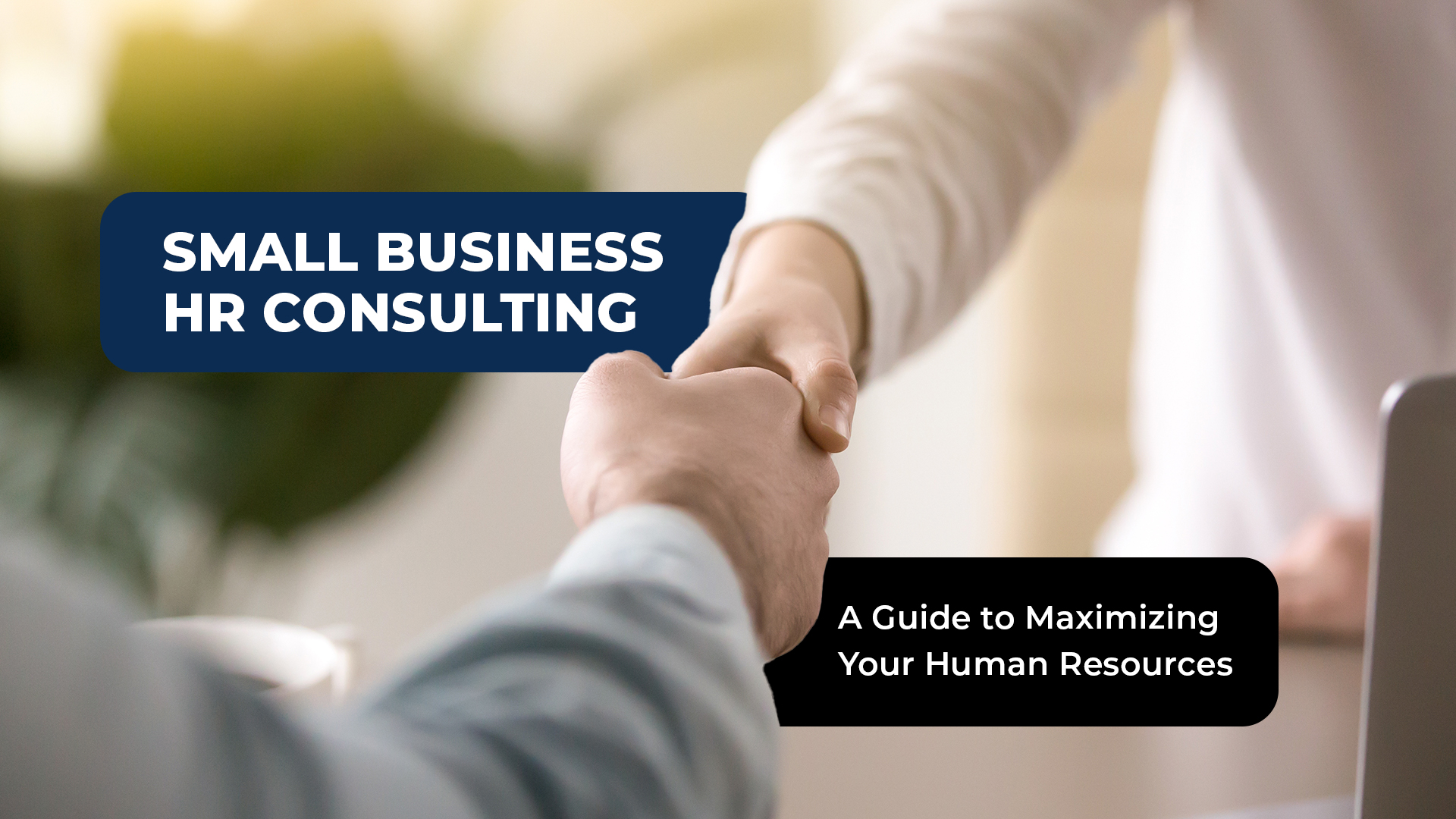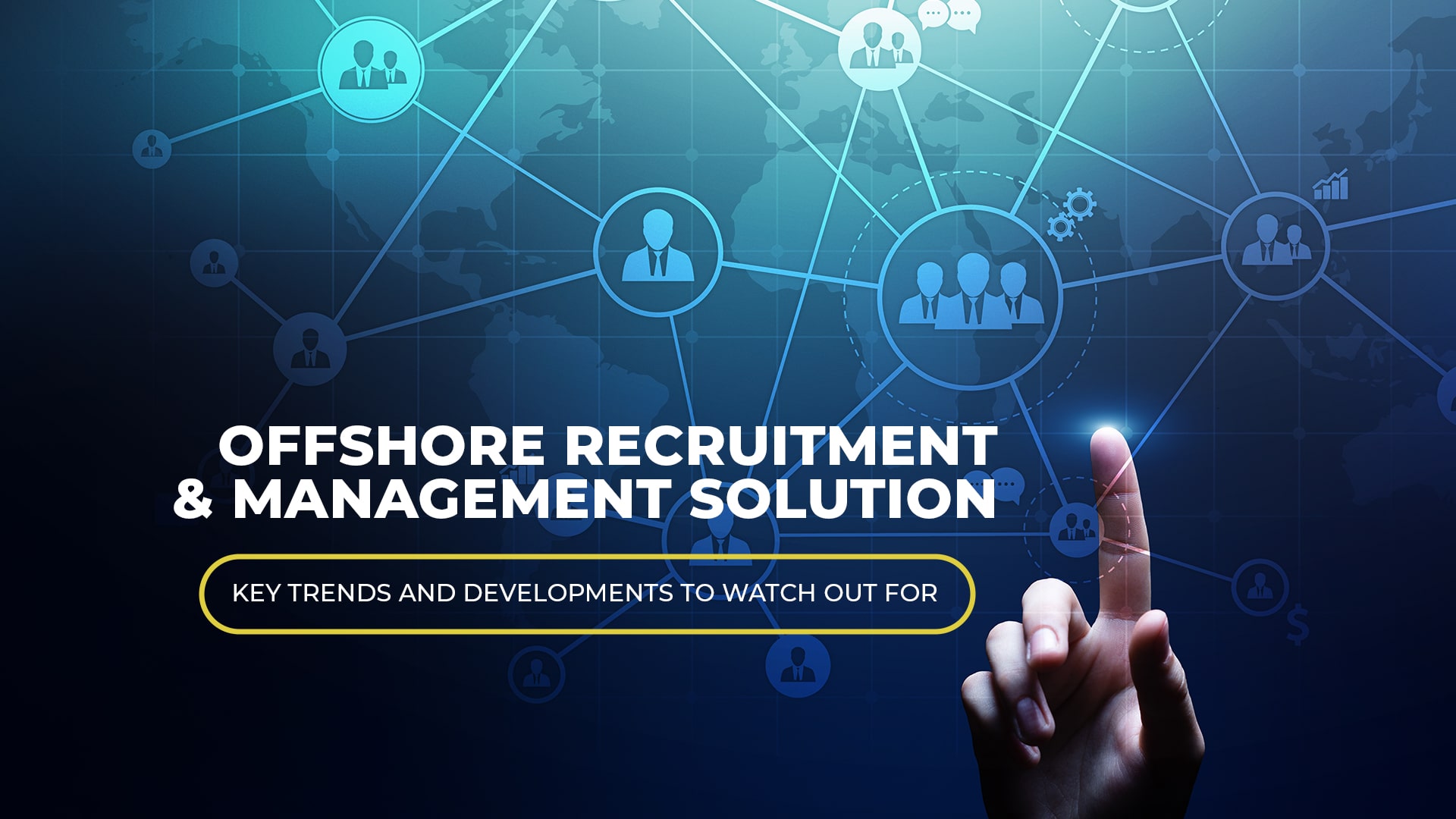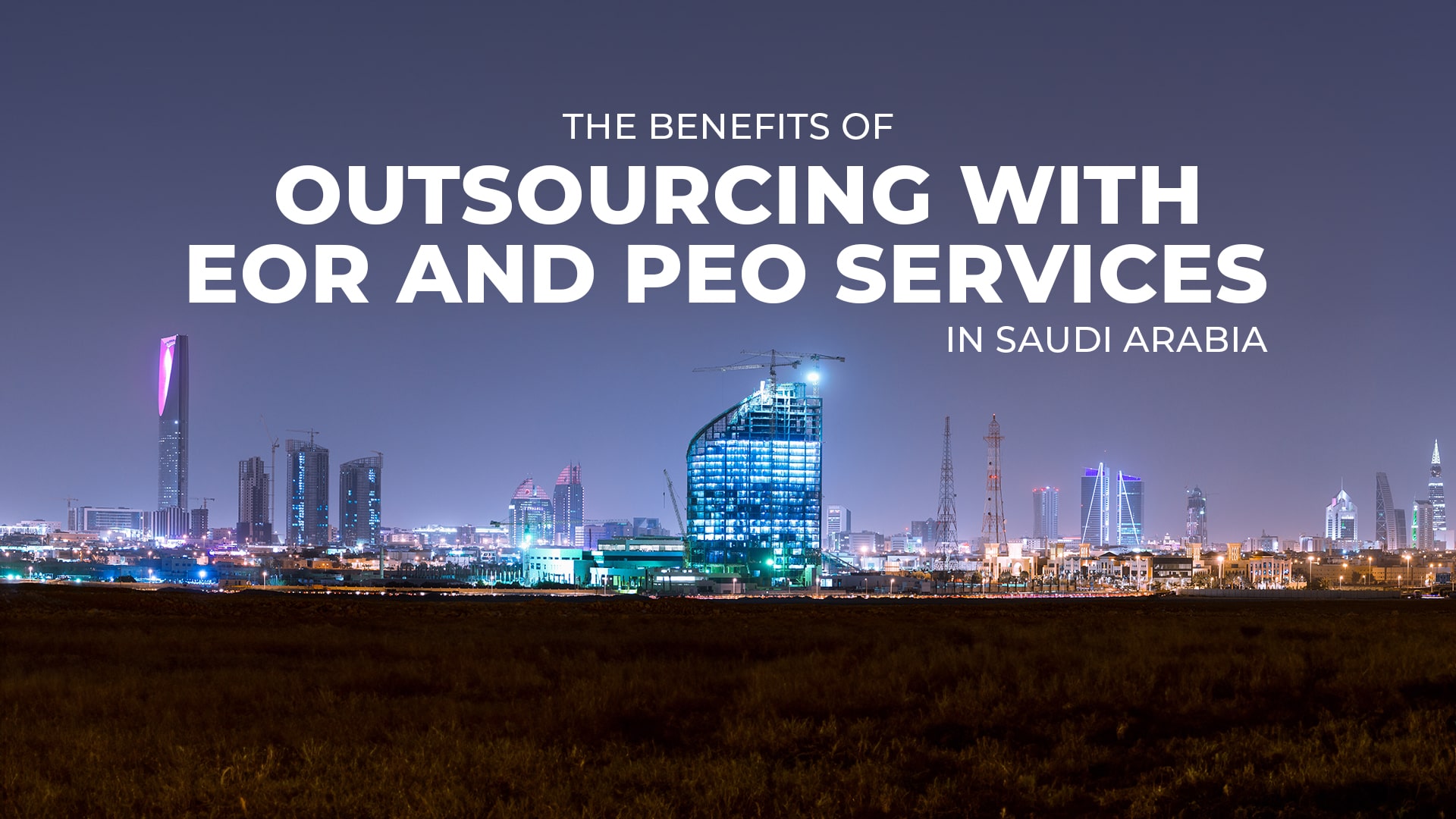Relying on the most updated HR tools may not be enough for enabling business efficiency and performance at the workplace in today’s era. Employees play a critical role in a company’s success and help it achieve new heights. A person’s dreams and ambitions play a crucial part in how they thrive at work on a personal level. As resumes are generally loaded with professional details, they may not be the best reflection of an individual’s personality. As a result, working in HR often entails looking beyond the resume and getting to know the employees beyond their professional capabilities. Emotional intelligence (EI) or emotional quotient (EQ) helps a person understand their own and others’ feelings by allowing them to empathize with the circumstances. In this article, we will venture into the way Emotional intelligence (EI) has evolved over the years in the HR profession and a quick overview of how the human quotient can help this profession contribute more value.
The beginning of changes
The HR profession embraces perpetual changes over the years. Before the ’60s, the work conditions were difficult, and human resource management in an organization was merely existent. In the early 1960s, the US legislature passed laws requiring human resource departments to focus on the Civil Rights Act or the Equal Pay Act. At the same time, human motivation theories had started to transform the workplace, leading HR departments to recognize the significance of paying more attention to employees’ need for psychological motivators to excel in their work.
The modern era
In today’s era, organizations have become more HR-driven. In addition to their contribution to strategic execution and administrative work, their ability to hire and retain the best employees is also taken into consideration. A person in tune with their own emotions is much more likely to comprehend and empathize with the feelings that influence others’ attitudes and behaviors. For this reason, emotional intelligence, along with creativity, teamwork, persuasion, and adaptability, was one of the top five in-demand soft skills in 2020, according to the LinkedIn Workplace Learning study.
Adding value through human quotient
An HR with a high human quotient can add a personal touch when communicating and convincing the candidate to join the company during the hiring process. Elevating a candidate’s experience also puts the company or brand in a positive light. At the same time, recruiters trained in EI assessment can identify potential candidates who have a high EQ and are generally top performers.
Conversations with pertinent questions, the right attitude, and empathy can encourage employees to speak up on difficulties, and the right affirmations can help learn what matters most to them, what inspires them, what job they like/do not like, what performance issues they face, and so on. The more information HR has, the more performance improvement plans they can develop to retain top performers and improve management. Empathy is essential for understanding each person and motivating them to put forth more vigorous efforts in their task. The best way to foster creativity is to cultivate an organizational culture that encourages open communication and acknowledges employees’ ideas.
Employees with emotional intelligence training can be encouraged to recognize the value of emotional competence and seek to develop or improve it through appropriate training programs and workshops at all levels. EI, fortunately, is a skill that can be learned and developed with practice. HR may aid with interpersonal, empathy, and social skills training to help strengthen relationships between juniors and managers.
We are in the middle of significant changes in HR due to technological advancements such as AI, machine learning, and automation. However, an empathetic approach is quintessential when dealing with employees who have emotions. As a result, the human quotient has become a new mandate for HR to assess employees’ emotional health and provide individualized support, delivering the highest value for the organization.









